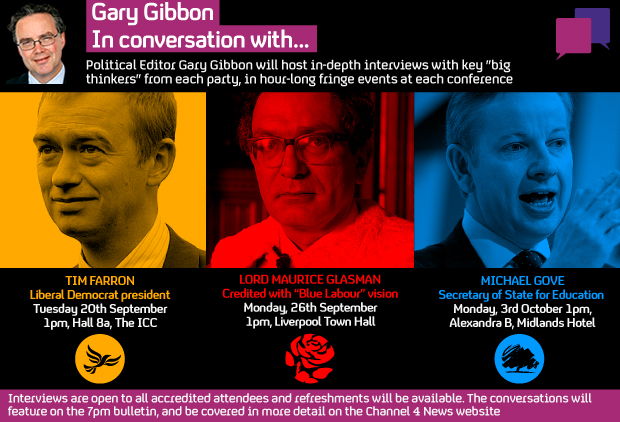Leadership, unions and fees – Ed Miliband’s fight back?
 “Not very disciplined,” was how one Shadow Cabinet member close to Ed Miliband described Ed Balls’ touting of Yvette Cooper as a future Labour leader.
“Not very disciplined,” was how one Shadow Cabinet member close to Ed Miliband described Ed Balls’ touting of Yvette Cooper as a future Labour leader.
You don’t “tout” future leaders, my source said. “It’s not very collegiate.”
Ah well.
Ed M’s position is more secure than it felt pre-Murdoch and this would’ve been more controversial around say May of this year.
Back then some in Ed M’s team felt that meetings at his house about party strategy would go round and round in circles without getting anywhere. He seemed “lost” or “winded,” one close to him said. There was something “slumped” about him, another said.
So far, this week, so reasonably ok for Ed M. Down-playing expectations of any policy meant that people are pleasantly surprised there’s any at all. It was, of course, Ed M who campaigned in the leadership election against raised tuition fees and in favour of a graduate tax. You may remember that was a big bone of contention with Alan Johnson (original minister who steered tuition fees through the Commons) when Ed M made him Shadow Chancellor. So what has changed?
Ed M’s team say what they’re actually doing is “bending” the tuition fees policy into a graduate tax. So they’re announcing today that pay-back rates would go up for graduates on more than £65,000 and the plan is to up the pay-back rates for even higher earners over time. Tuition fees will morph into something more like a graduate tax, they argue.
Conference votes around 5pm on the changes to the leadership election rules – registered supporters to get 10 per cent of the electoral college if they can muster 50,000. Parked but not perhaps for long are changes to how conference votes.
Ed M wants to make sure that the three union general secretaries who can currently pull together and muster 40 per cent of the entire conference vote will not automatically get their own way.
To tame their power there could be a threshold required to be passed in the constituencies section before a vote can pass in conference as a whole, so that the big three trade unions can’t just get their way with a small minority of constituencies in support.
Other stuff that struck me today in Labour-land:
I imagine quite a few people here will be reading Dan Hodges’ verdict on Ed M’s strategy – it certainly packs a punch –
Ed Balls reminds us in his Sunday Telegraph interview that Labour does not intend to go into coalition with Nick Clegg. Ed M said something about this quite a while ago.
Ed Balls says: “I think it is quite conceivable we’ll have a coalition of the Liberal Democrats … I would be amazed if that coalition ever had Nick Clegg at the head of it.”
If Labour chose to ratchet up comments like this in the years to come it could be quite destabilising for Nick Clegg in his own party.
Brownites like Ed Balls will remember the hurt of the 2010 coalition negotiations when Nick Clegg stipulated that there would be no negotiations with Labour until Gordon Brown laid out a timetable for his own departure.
Officially Labour’s position is that it is for other parties to decide who leads them – but that, officially, was the Lib Dems position when they demanded Gordon Brown’s head in May 2010.
One vignette jumped out at me from Ian Birrell’s piece in the Mail on Sunday. It claims that auto-predicter for e-mail addresses was switched off in Whitehall computers after Gordon Brown as PM accidentally hammered off an angry email to Wendi Murdoch when he meant to send it to former Scottish Labour leader Wendy Alexander.

